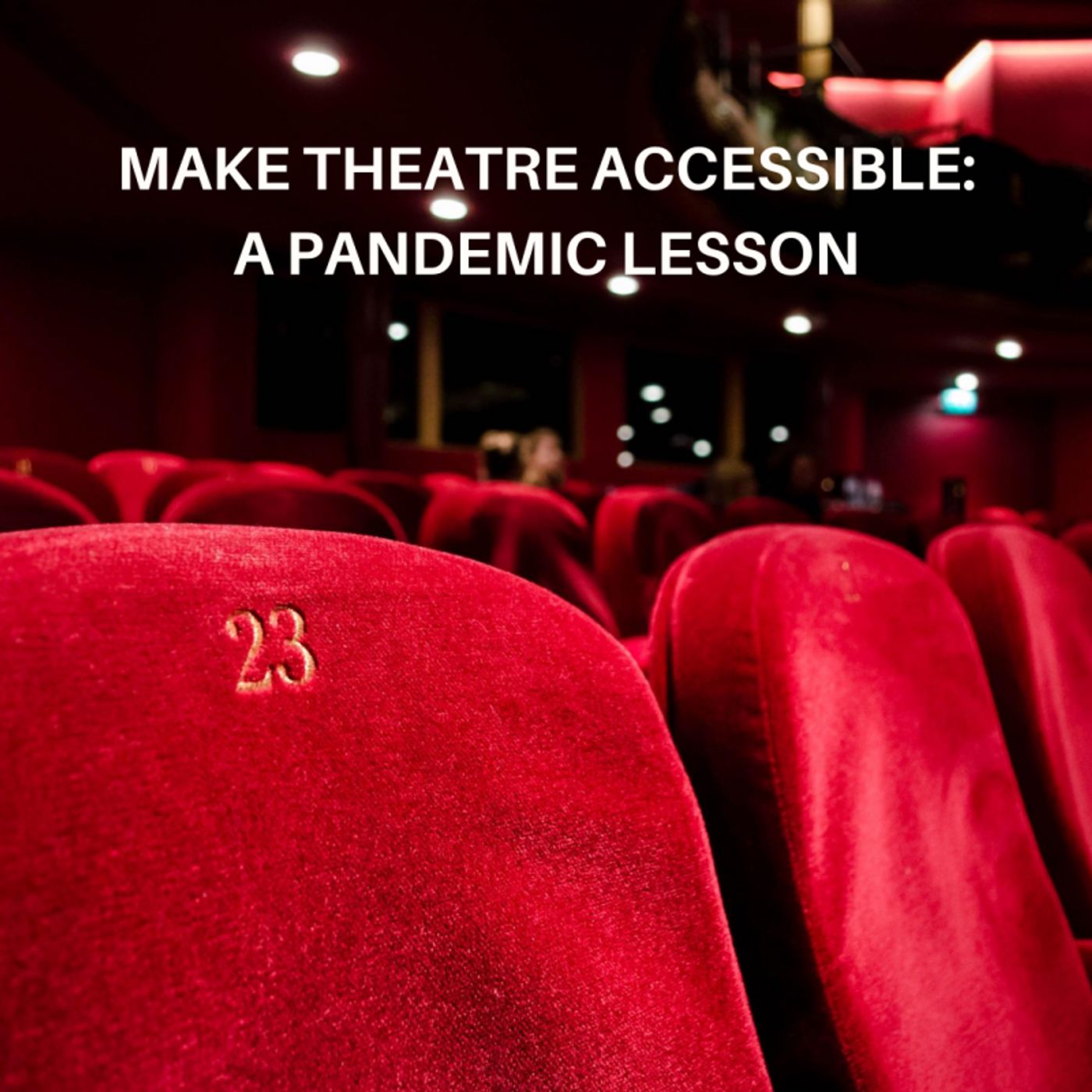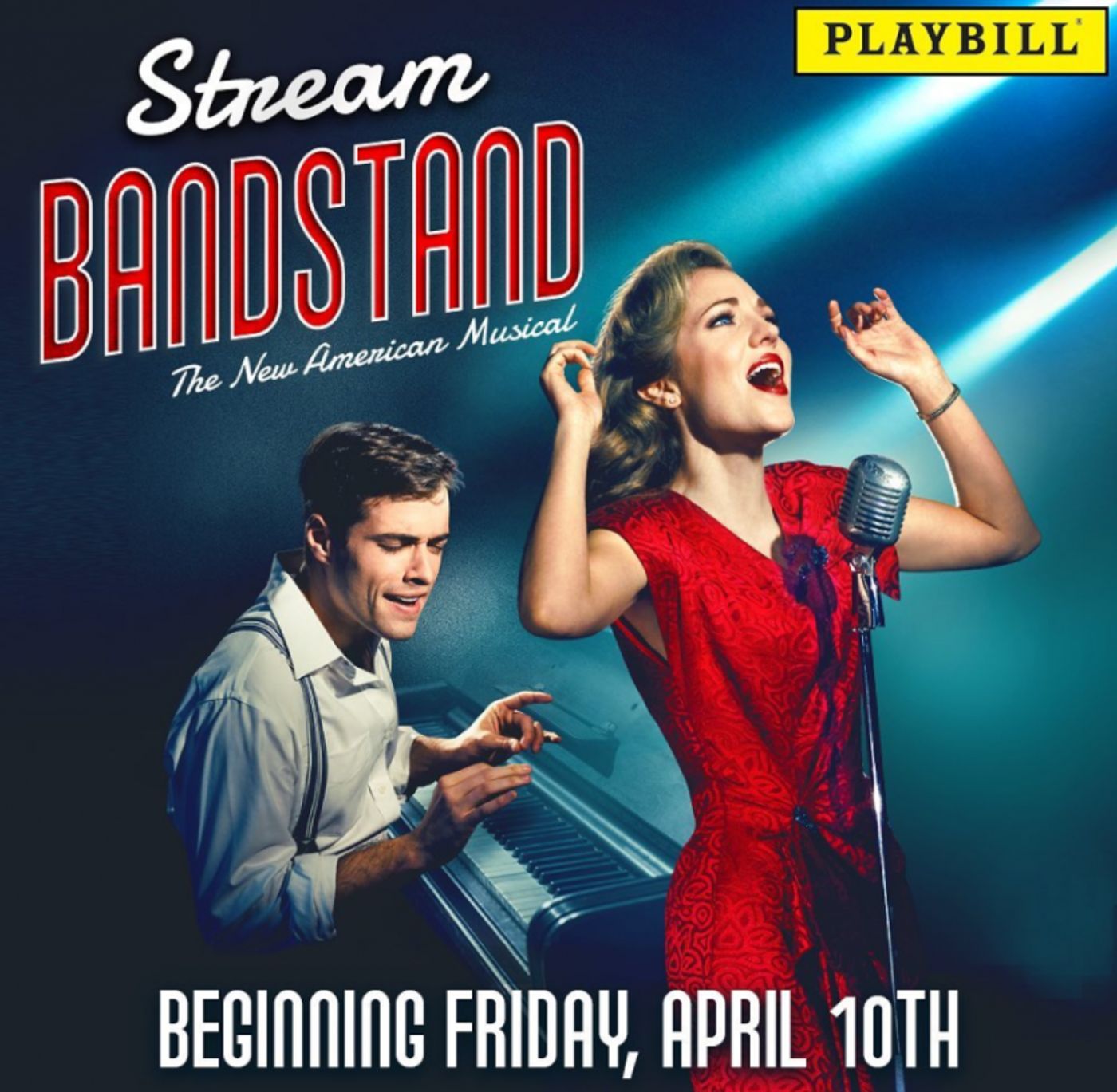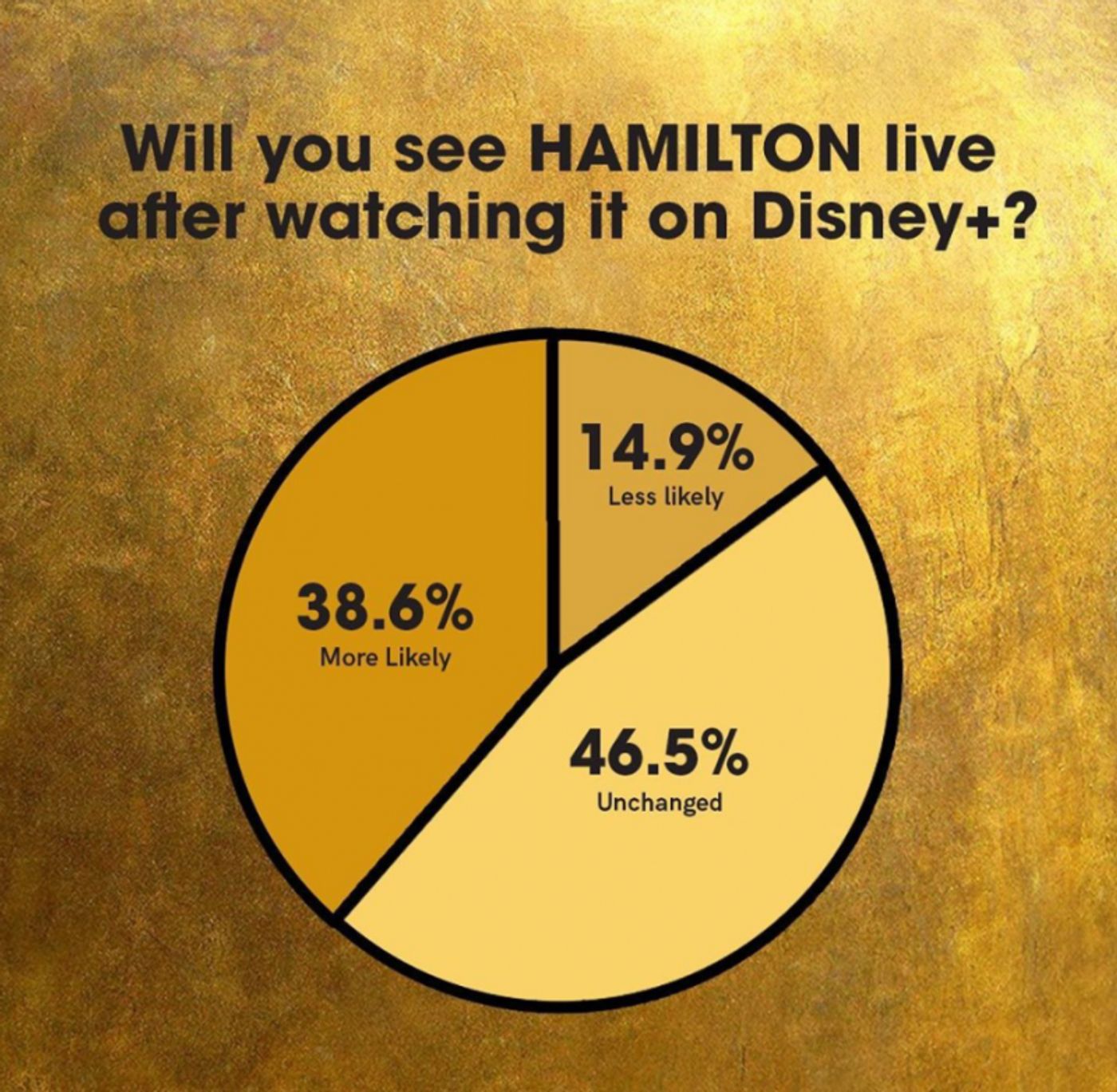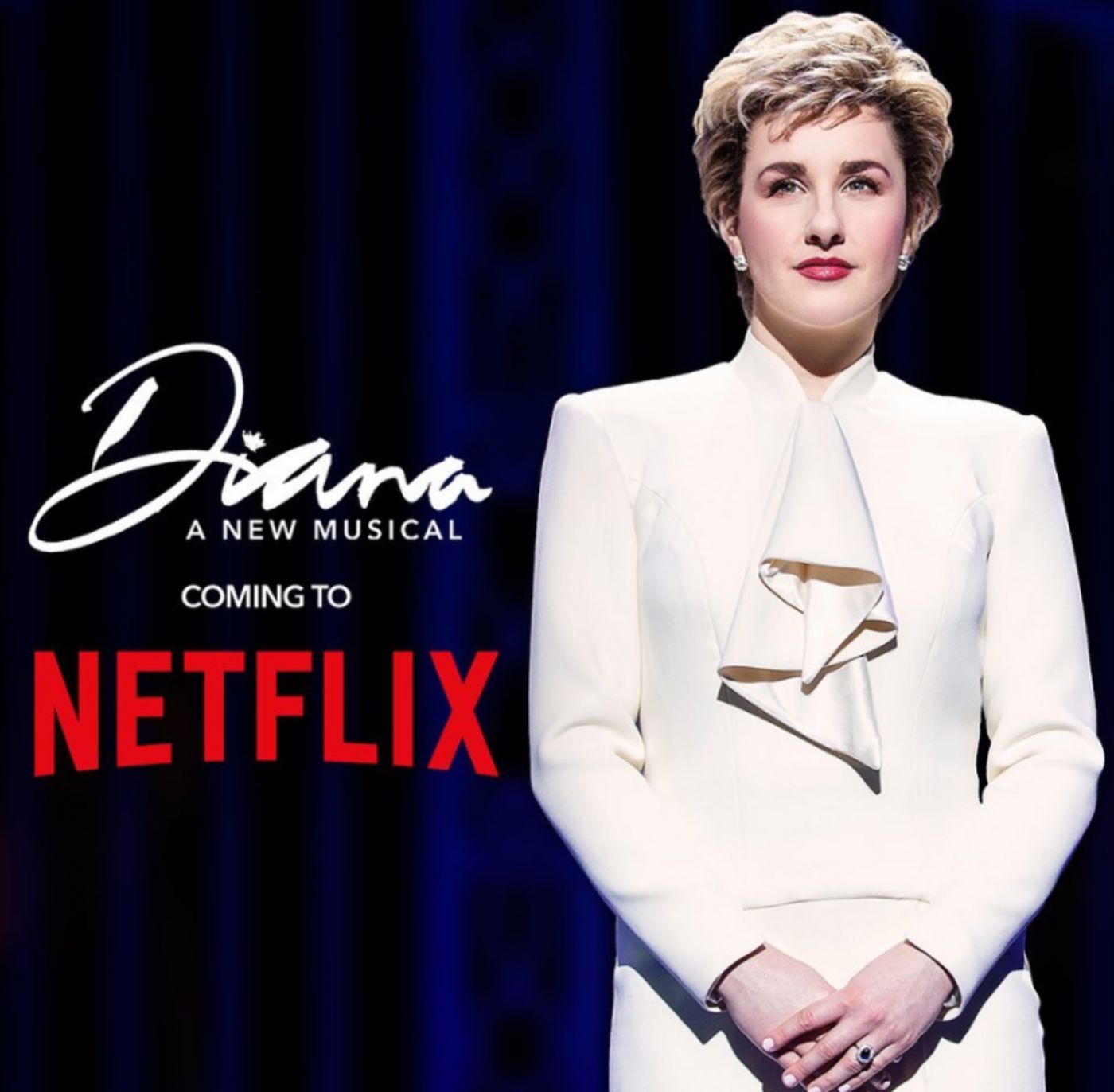BWW Blog: Make Theatre Accessible - A Pandemic Lesson
There are opportunitites to make musicals more accessible to everyone.
There are many lessons we are learning from this whole pandemic situation. We are learning more about ourselves, the way we interact (or not) with people, how we work under self-motivation, etc. But if there's one thing our community is learning is how to make theatre more accessible. And I couldn't be happier!
 I'm from Brazil, and I've lived here my whole life (until I moved to Berea, OH, to attend Baldwin Wallace University). I was lucky enough to be exposed by the performing arts because I was born into a family of musicians. My mother plays the violin in an orchestra, so I go to concert halls very often. I love to see dance performances, as well as theatre. But to see live musical productions, Broadway-style, we have to either travel to São Paulo or... New York. I'm aware that I'm privileged to be able to travel and see musicals, but let's face it, Broadway is exclusive.
I'm from Brazil, and I've lived here my whole life (until I moved to Berea, OH, to attend Baldwin Wallace University). I was lucky enough to be exposed by the performing arts because I was born into a family of musicians. My mother plays the violin in an orchestra, so I go to concert halls very often. I love to see dance performances, as well as theatre. But to see live musical productions, Broadway-style, we have to either travel to São Paulo or... New York. I'm aware that I'm privileged to be able to travel and see musicals, but let's face it, Broadway is exclusive.
In 2018 I wrote a research paper with my best friend about musicals' accessibility. National tours are a way to solve this problem bringing this art form around the country to majors cities. Worldwide productions are an incredible way to reach international audiences (stay tuned for my next post in which I'll write about my experience with international productions).
Community theatre, regional theatre, college productions, are all great ways to engage both artists and audiences with musicals. But there is still this desire to see THE production, with THAT cast, with THOSE sets and costumes. That's marketing (and economics). If there are people who are willing to pay hundreds of dollars to be in the room where it happens (this pun was totally intended), then yes, ticket prices will keep going up. And if people don't buy tickets, the show closes. It's that simple. Because Broadway, show business, is a business after all. Many musicals take years to recoup their investment, and most of them close even before that. So they sell the rights for regional productions, etc. to still try to make a profit.
If you got until here, you might be asking yourself whose side I'm on. And to be honest, I'm right in the middle. I'm in favor of any way we can make musical theatre more accessible while also making it profitable for producers, actors, and everyone involved. Let's use a pro-shot as an example. Aside from the cost of filming, including microphones, camera equipment, and a crew, there are legal fees (who own the rights to the musical, intellectual property, etc.), as well as acting unions, and the cost of running the show the number of times necessary to get everything on camera. So yes, it's VERY expensive.
Sometimes I wondered why wouldn't they record shows that were in the brink of closing to keep the story still alive. But if the show is closing due to financial situations, they absolutely wouldn't have the funds to make a pro-shot. Watch this video to learn more!
But something good does come from bad, and that is what the pandemic is teaching us and the industry (just a side note that before the shutdown, we did already had a few platforms in which we could find pro-shots). We started quarantine with the YouTube channel "The Show Must Go On" with mostly Andrew Lloyd-Webber musicals, later shifting to some of the NBC live telecasts. A highlight for me was when Bandstand streamed on Playbill, not only because I love this show so much, and I couldn't see it on Broadway, but because of how they chose to distribute the material. It wasn't for free, and it wasn't for an unlimited time. We paid to watch the show for a weekend, proving that people are willing to spend (of course not an absurd amount of money) to see these shows online. And let me add here that most of these new streams are benefiting the Actors Fund and other organizations in need.

And then Hamilton happened. It opened the eyes of so many new audience members as well as producers, to an opportunity to make musicals more accessible to everyone. Clearly, we are talking about the dream combination of the most important piece of music theatre (probably of the century) with the most competitive entertainment company in the world. But, an audience survey published by TodayTix did show that 38.6% of theatergoers are more likely to see Hamilton live after watching it on Disney+, 46.5% didn't change their opinion, and only 14.9% are less likely to watch the show live. This dismantles the assumption that offering musicals online will lower ticket sales. Disney+ has since announced the release of a pro-shot of West End's production of Aladdin, filmed shortly after its closing, as well as a movie version of Once on This Island.

Here's the most complete list I found of musicals and movie musicals available for streaming.
However, in my opinion, the biggest news was the announcement that the new musical Diana will begin streaming on Netflix prior to its opening in 2021. I'm particularly interested to learn about the repercussion in ticket sales for a musical which only had 9 previews before the shutdown - meaning that a very selected group of people got to see it - and will be available (hopefully) for the whole world to see before it hits the stage. Will it be the same as Hamilton? Will more people be interested in seeing Diana live after watching it on Netflix? Only time will tell. But what I can tell you is that none of these would be happening if it weren't for the craziness we're going through. I'm not saying I'm happy for lockdowns, shutdowns, economic crisis, etc. But I believe that the industry is opening its eyes to new possibilities, to reinvention, to new audiences, to innovation, and hopefully to accessibility.


Videos


